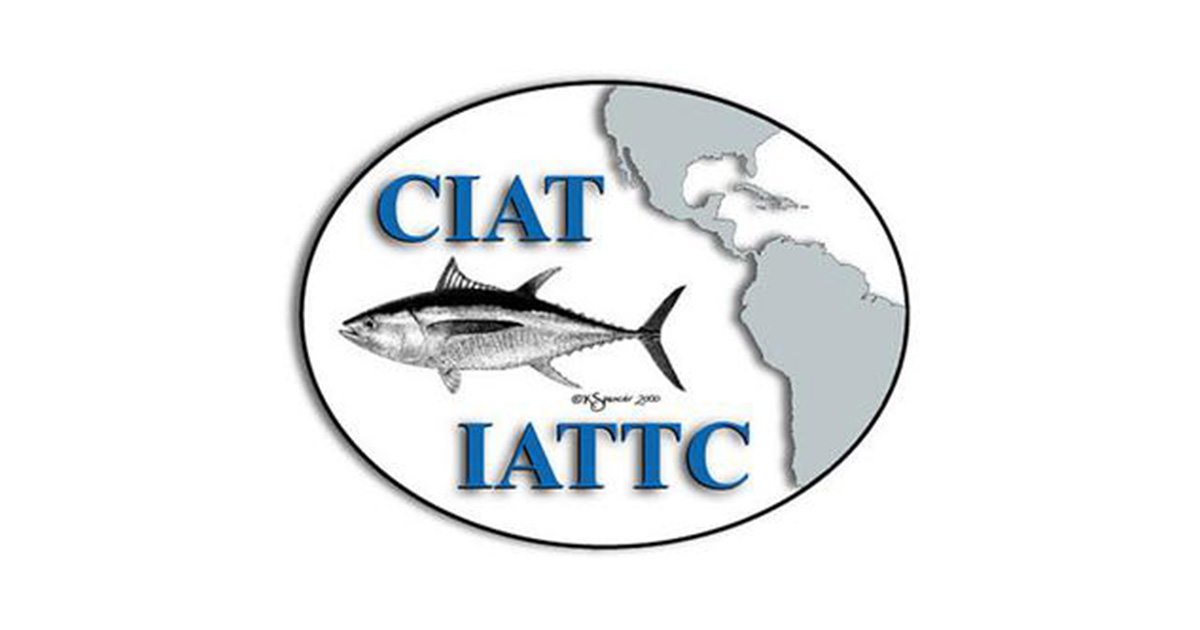The Inter-American Tropical Tuna Commission (IATTC) invites applications for the position of Senior Quantitative Scientist. This is a full-time appointment to work at the headquarters of this international organization, located in La Jolla, California, US.
The IATTC is one of five regional fisheries management organizations in the world. The IATTC is responsible for ensuring the long-term conservation and sustainable use of the stocks of tunas and tuna-like species, and other species, taken by vessels fishing in the eastern Pacific Ocean. The IATTC employs a dedicated scientific staff that operates under the supervision of the Director of the Commission and of its Coordinator of Scientific Research. The functions of the scientific staff include, among others, conducting scientific research, providing information and scientific advice for management, and development and maintenance of data collection programs. More information about the IATTC can be found at www.iattc.org. The staff’s scientific research activities defined under the Strategic Science Plan are divided among several programs: Stock Assessment, Ecosystem and Bycatch, Biology, Data Collection and Database.
The selected applicant will be expected to work in a variety of capacities including both applied and theoretical. A substantial component of the work will focus on research to develop new and/or extend existing quantitative methods as required to solve applied problems in fisheries. Most of the work will involve conducting data analyses to support the IATTC Stock Assessment Program. However, the selected applicant will also be expected to assist IATTC scientific staff members from other programs.
Work in the Stock Assessment Program covers range of topics, which often involve quantitative methods development, including population trend estimation, population assessments, spatio-temporal studies of fishing vessel behavior, development of sophisticated data screening algorithms for fisheries data review, and sampling designs for data collection by human observers and electronic monitoring. Several recent projects in this Program include:
- Spatio-temporal modeling of tuna tagging data. This project involves joining a spatio-temporal mixture model for the tuna population distribution with an advection-diffusion model of the tagged individuals to deal with spatially limited tag releases and the consequent initial non-mixing
- Close-kin mark-recapture. This project will involve the use of genetics to “tag” adults through kinship (parent offspring pairs (POPs) and half sibling pairs (HSPs)) to estimate species abundance. This requires developing statistical models to 2 estimate the probability of POPs and HSPs from spatio-temporally non-random sampling
- Developing a sampling program in Latin America. This project involves developing a practical sampling design to estimate total catch by species and length composition from shark fisheries in EPO costal nation based longliners and artisanal vessels
- Developing spatio-temporal models to improve catch composition estimates and correct for biased caused by disruption in sampling due to the COVID-19 pandemic.
- Developing a Good Practices Guide for fisheries stock assessment (through the CAPAM program) to provide initial configurations for developing stock assessments for tunas and in general.
Duties of the selected applicant may include, among others:
- Analyzing various types of univariate and multivariate fisheries data (e.g., catch and effort, morphometric, environmental, mark-recapture, genetics, electronic monitoring)
- Developing sampling designs for diverse data collection programs, including catch and effort, electronic monitoring, and mark-recapture
- Providing statistical and quantitative support to various IATTC scientific programs.
- Working with large, relational data bases
- Contributing statistical and quantitative analyses to reports and publications led by fisheries scientists
- Writing IATTC technical reports and publications for peer-reviewed journals on statistical and quantitative matters
- Presenting results of quantitative analyses and methods development at IATTC meetings
Selection Criteria
A Ph.D. from a quantitative and ideally interdisciplinary graduate program with solid theoretical statistics course work, or a Ph.D. in statistics with both theoretical and applied components, is strongly preferred, but extensive relevant work experience will be considered for applicants with a master’s degree in statistics or from a quantitative interdisciplinary graduate program.
The following skills are desired in the ideal candidate:
- Proficiency in exploratory data analysis methods, including techniques for multivariate data
- Proficiency with standard statistical modeling techniques such as generalized linear and additive models, mixture models, for Gaussian and non-Gaussian data, including count data with zero-inflation
- A solid understanding of theoretical statistics and how to apply this knowledge to create new methods and modify existing methods to solve practical problems
- Theoretical knowledge and practical experience with a range of spatio-temporal modeling approaches for diverse data types
- Experience in the use of machine learning algorithms (e.g., random forests, support vector machines, clustering algorithms)
- Ability to develop and implement simulations and related analyses for development of sampling designs
- Expertise in the R programming language and experience coding reproducible analyses to solve applied problems
- Willingness to work in an office setting, primarily with computer databases, computer programs, and statistical software
- Willingness to travel when necessary
- Strong inter-personal skills and experience working as a part of a team, as well as working independently
- Willingness to learn new skills and to self-teach new statistical methods
- Creativity to adapt current methods or develop new methods to solve practical fisheries problems
- Excellent communication skills, both oral and written
- Working knowledge of English or Spanish, and at least reading fluency in English and an ability to hold a conversation in that language
- Multiple first-author publications in peer-reviewed journals





